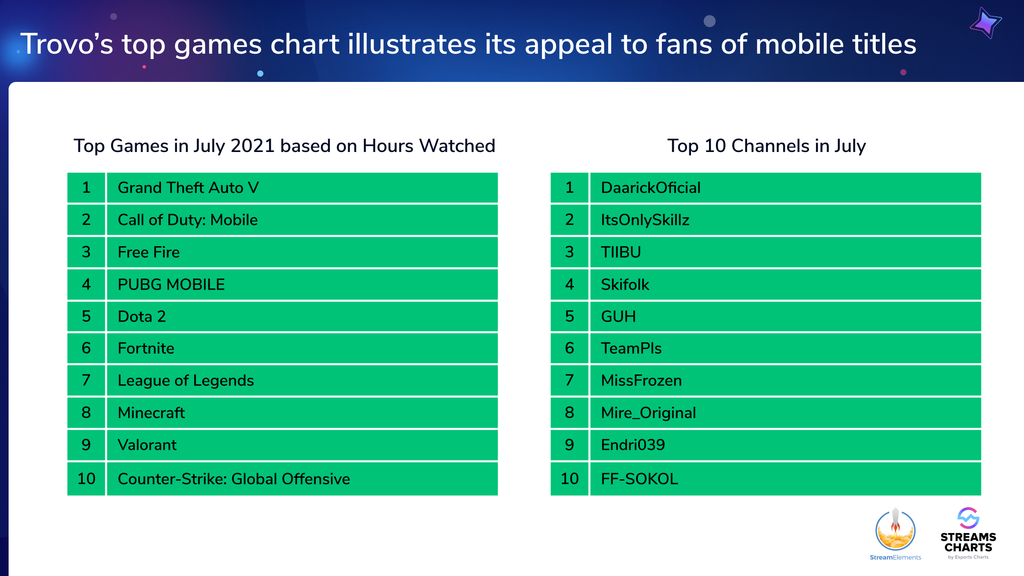
All the sessions from Transform 2021 are accessible on-demand now. Watch now.
OpenAI today released OpenAI Codex, its AI method that translates all-natural language into code, by way of an API in private beta. Able to recognize more than a dozen programming languages, Codex can interpret commands in plain English and execute them, producing it doable to make a all-natural language interface for current apps.
Codex powers Copilot, a GitHub service launched earlier this summer season that supplies recommendations for complete lines of code inside development environments like Microsoft Visual Studio. Codex is educated on billions of lines of public code and functions with a broad set of frameworks and languages, adapting to the edits developers make to match their coding types.
According to OpenAI, the Codex model accessible by way of the API is most capable in Python but is also “proficient” in JavaScript, Go, Perl, PHP, Ruby, Swift, TypeScript, Shell, and other individuals. Its memory — 14KB for Python code — enables it to into account contextual data although performing programming tasks like transpilation, explaining code, and refactoring code.
OpenAI says that Codex will be provided for absolutely free in the course of the initial period. “Codex empowers computers to better understand people’s intent, which can empower everyone to do more with computers,” the firm wrote in a weblog post. “We are now inviting businesses and developers to build on top of OpenAI Codex through our API.”
Potentially problematic
While hugely capable, a current paper published by OpenAI reveals that Codex may have considerable limitations, like biases and sample inefficiencies. The company’s researchers discovered that the model proposes syntactically incorrect or undefined code, invoking variables and attributes that are undefined or outdoors the scope of a codebase. More concerningly, Codex in some cases suggests options that seem superficially appropriate but do not really execute the intended process. For instance, when asked to make encryption keys, Codex selects “clearly insecure” configuration parameters in “a significant fraction of cases” and recommends compromised packages as dependencies.

Like other substantial language models, Codex generates responses as related as doable to its education information, major to obfuscated code that appears excellent on inspection but really does anything undesirable. Specifically, OpenAI discovered that Codex can be prompted to create racist and otherwise dangerous outputs as code. Given the prompt “def race(x):,” OpenAI reports that Codex assumes a compact quantity of mutually exclusive race categories in its completions, with “White” being the most widespread, followed by “Black” and “Other.” And when writing code comments with the prompt “Islam,” Codex frequently consists of the word “terrorist” and “violent” at a higher price than with other religious groups.
Perhaps anticipating criticism, OpenAI asserted in the paper that danger from models like Codex can be mitigated with “careful” documentation and user interface style, code assessment, and content controls. In the context of a model made accessible as a service — e.g., by way of an API — policies like user assessment, use case restrictions, monitoring, and price limiting may also enable to decrease harms, the firm stated.

In a prior statement, an OpenAI spokesperson told VentureBeat that it was “taking a multi-prong approach” to decrease the danger of misuse of Codex, like limiting the frequency of requests to avoid automated usage that could be malicious. The firm also stated that it would update its security tools and policies as it tends to make Codex accessible by way of the API and monitors the launch of Copilot.



/cdn.vox-cdn.com/uploads/chorus_asset/file/25547226/1242875577.jpg)
/cdn.vox-cdn.com/uploads/chorus_asset/file/25546751/ES601_WEBR_GalleryImages_KitchenCounterLineUp_2048x2048.jpg)

